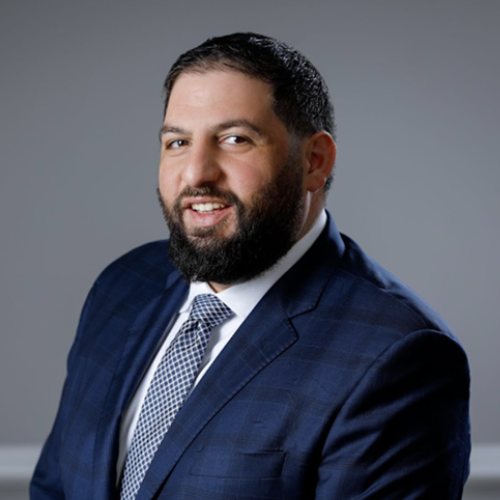About the Author
Attorney Venar Ayar is an award-winning tax attorney dedicated to helping clients protect themselves from the constant threat of the IRS. Whether you need help with unfiled tax returns, applying for an Installment Agreement, settling for less than you owe through the OIC program, or some other form of IRS debt relief, we’ve got you covered.


